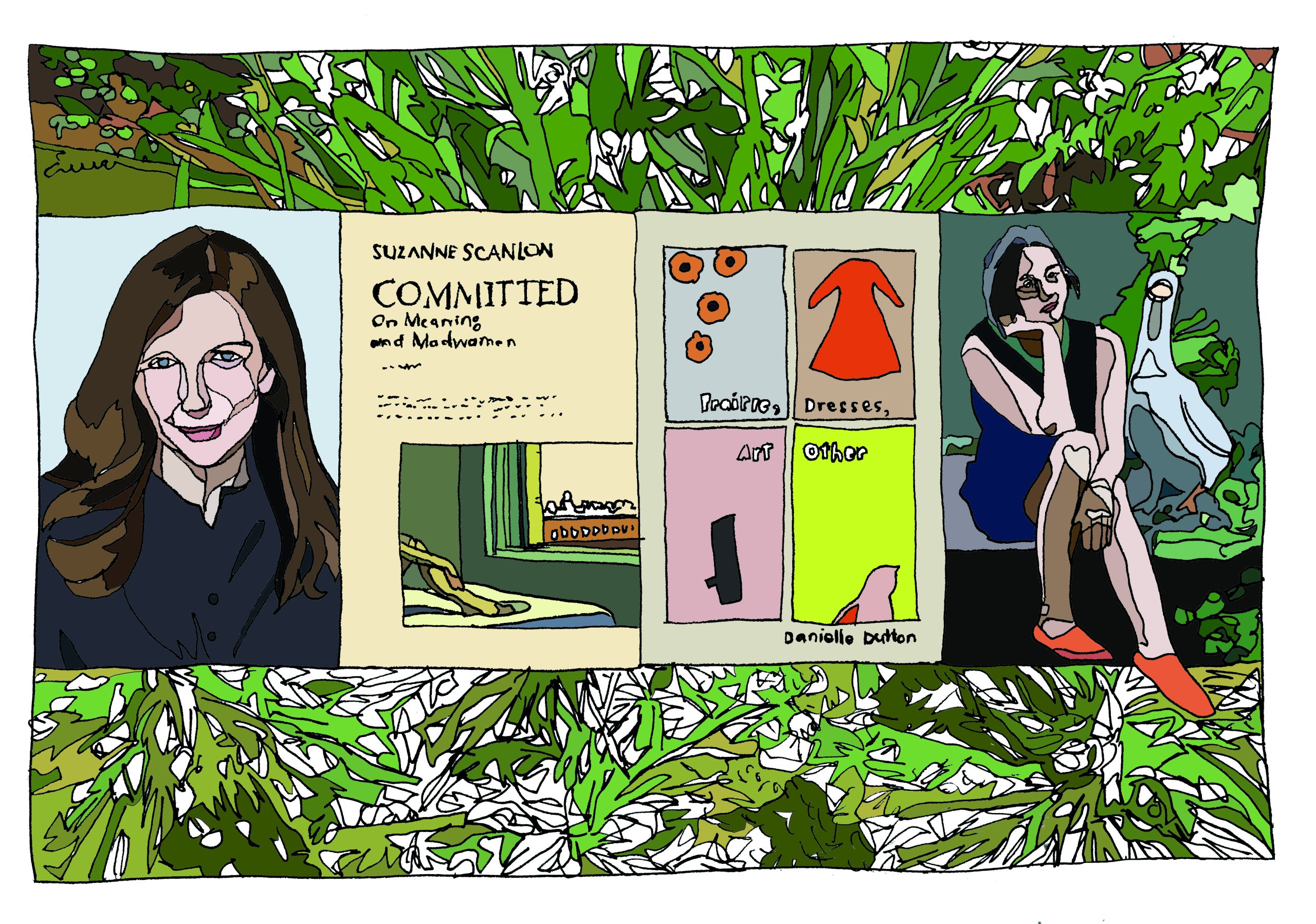essays
Listen, Carefully
An essay by Josephine Ensign

Listen, Carefully
Listen, carefully. The whine of a seaplane. The crackle of my crumpled-paper thoughts tossed onto the floor.
Listen carefully. I’m sitting in a clinic exam room trying to obtain a coherent medical history from a 45-year-old homeless patient, her grey sweatshirt dribble-stained, a miasmic aura of tobacco and brew. I listen to her story — or rather to her looping, swirling, spitting, splitting multiplicities of stories — but am distracted by her pinched face, wild-flying hands, charred stubble teeth. She pauses, coughs in my direction. I hand her a tissue and lean back, away, on my exam stool. “What kind of operation did you have on your foot? How long ago?” I need you to answer my questions, succinctly please.
She’s a difficult patient. She’s a slovenly patient. Slovenly, there in the list of patient descriptors in the electronic medical record system on the screen in front of me. That sounds right. Oxford English definition of slovenly: low, base, rascally, lewd — nasty and disgusting.
Listen carefully. To our medical words, the terms we use, the terms I use. Difficult patient, as in annoying, angry, afraid, ambivalent, noncompliant, questioning, confused, sad, list-bearing patient.
If you stop to listen, you may not get past the history-taking part. How do you take a history? Chief complaint, history of present illness, past medical history, family medical history, social history, and review of systems — the history of your organs. This is our common language, standardized, logical, neat, no room for chaos. History-taking is stealing, erasing, editing. History-taking is what you hear from the messy illness narrative the patient coughs up. Your job is to select a few words, perhaps a pithy phrase, to place in quotation marks under Chief Complaint, in the Subjective Findings, in the patient’s own words. Subjective belongs to the patient. Subjective is suspect, suspicious, specious. Objective is me, my words, my physical exam and test findings, my diagnosis, my treatment plan. There is no room for subjective me.
Listen carefully. I have time for one chief complaint. If you tell me many I’ll choose the one I want to pay attention to, the one I think the simplest to diagnose and treat so I can send you on your way and wash my hands, remove your skin cells, your germs, your odor. At the end of the day I peel my clothes into the washer. Standing in the flow of shower, I remember where the patient coughed, where the touch occurred, where the transfer of mucous, skin cells, bacteria, virions, fungi spores — of words — occurred. I scrub them clean. Only the words remain. Their words, my words, the silent spaces in between.
Listen, carefully. I must remember: there is no room for subjective me. Do not question what you’re doing, I tell myself, it will only drive you crazy. It will drive you away from this place of work; it will drive you never to return, here, back to the chief complaint, history of present illness, past medical history, family medical history, social history, and review of systems — the history of their organs.
Listen carefully. To the pregnant pause, uncomfortable silence, wise silence, silent treatment, silent infection, silent prayer — to the poet’s silent-speaking words. What to make of silence?
Silence is censure, stricture, repress and suppress. Silence is submissive, resistless, yielding. Silence is looking away; silence is not speaking up.
Silence is space, resistance, stance, stone. Silence is protective, private, present. Silence is power.
Listen Carefully. To the patient’s illness narrative. Listen first to the patient description of symptom, duration, location, precipitating events. Listen also for the story, time scaffolding, structure, frame, and diction. Listen for their use of metaphors. I am as cut off from life as sitting inside a car on a rainy day. There’s a shackle on my left foot dragging me down, an ice pick in my eye. The ringing in my ears is like a thousand cicadas have landed on my head in the heat of a summer day.
Listen, carefully. If I told you at the beginning to pay attention to my diction, metaphors, use of time, tone, the structure of this story, how would you listen?
Listen carefully. To the pinched face, wild-flying hands, charred stubble teeth. To the crackle of crumpled-paper thoughts tossed onto the floor. To the history of our present illness. To a thousand cicadas in the heat of a summer day.








